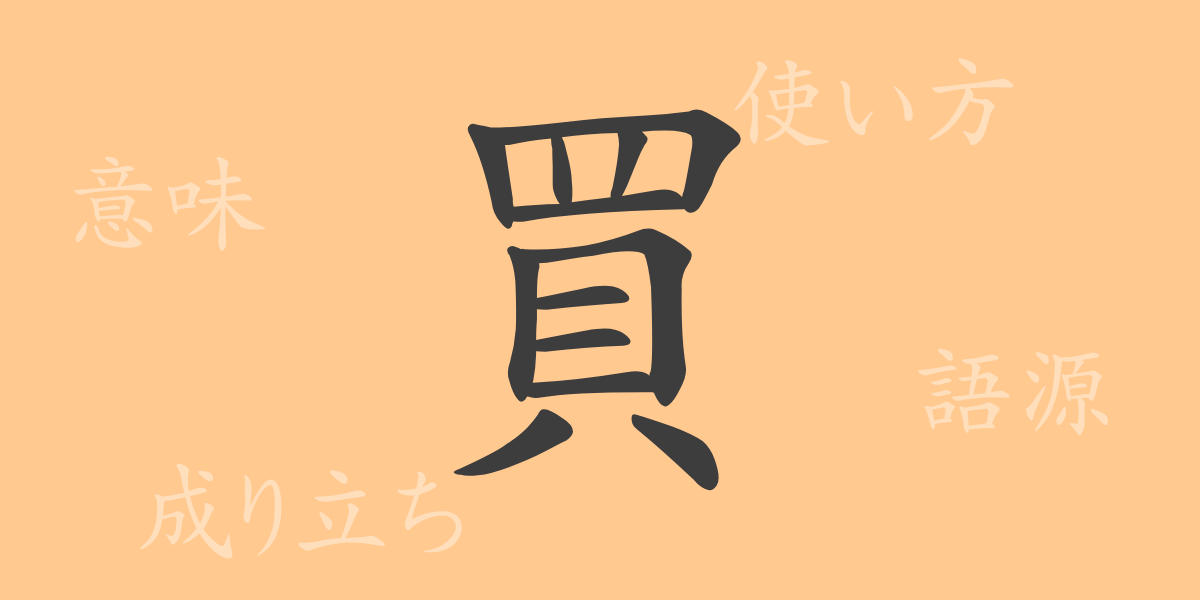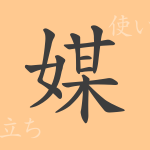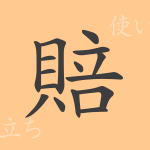Japanese language boasts a rich array of characters that articulate emotions and actions. Among these, the kanji ‘買’ (かう: kau) is deeply ingrained in everyday life and plays a central role in economic activities. This article delves into the meaning, history, and significance of ‘買’ in our lives, exploring how it shapes our daily interactions and economic transactions.
Origins of 買 (かう: kau)
The kanji ‘買’ originated in ancient China as a word denoting commercial transactions. Featuring ‘貝’ (かいへん: kaihen) as its radical, which is associated with shell money used in trade, the character is believed to have evolved from these ancient monetary exchanges. Shell money was employed as currency in ancient times, symbolizing economic activity, thus closely linking ‘買’ to the act of exchanging goods.
Meaning and Usage of 買 (かう: kau)
The primary meaning of ‘買’ is ‘to exchange goods or services for money’. It can also broadly imply ‘to acquire’ or ‘to obtain’. Common usages include verbs and nouns like ‘to buy’ (かう: kau), ‘shopping’ (かいもの: kaimono), and ‘to purchase’ (かいとる: kaitoru), frequently appearing in everyday conversation.
Readings, Stroke Count, and Radical of 買 (かう: kau)
The kanji ‘買’ encompasses various readings and structural details:
- Readings: On’yomi (Sino-Japanese reading) is ‘バイ’ (バイ: bai), and Kun’yomi (native Japanese reading) is ‘かう’ (かう: kau).
- Stroke count: 12 strokes.
- Radical: ‘貝’ (かいへん: kaihen), related to shells and monetary concepts.
Idioms, Phrases, and Proverbs Involving 買 (かう: kau)
‘買’ features in a variety of idioms, phrases, and proverbs, reflecting its rich semantic field:
- ‘買い占める’ (かいしめる: kaishimeru) – to buy up excessively, hoarding goods beyond necessity.
- ‘安物買いの銭失い’ (やすものかいのぜにうしない: yasumono kai no zeniushinai) – a proverb meaning buying cheap goods ultimately leads to losses, highlighting the pitfalls of frugality.
Conclusion on 買 (かう: kau)
The kanji ‘買’ symbolizes essential economic activities that are indispensable to our lives. Understanding its evolution, meanings, and applications not only deepens our grasp of Japanese but also connects us to the cultural and value systems embedded within the language. Phrases and proverbs containing ‘買’ offer insights into Japanese culture and values, adding to its allure.

























